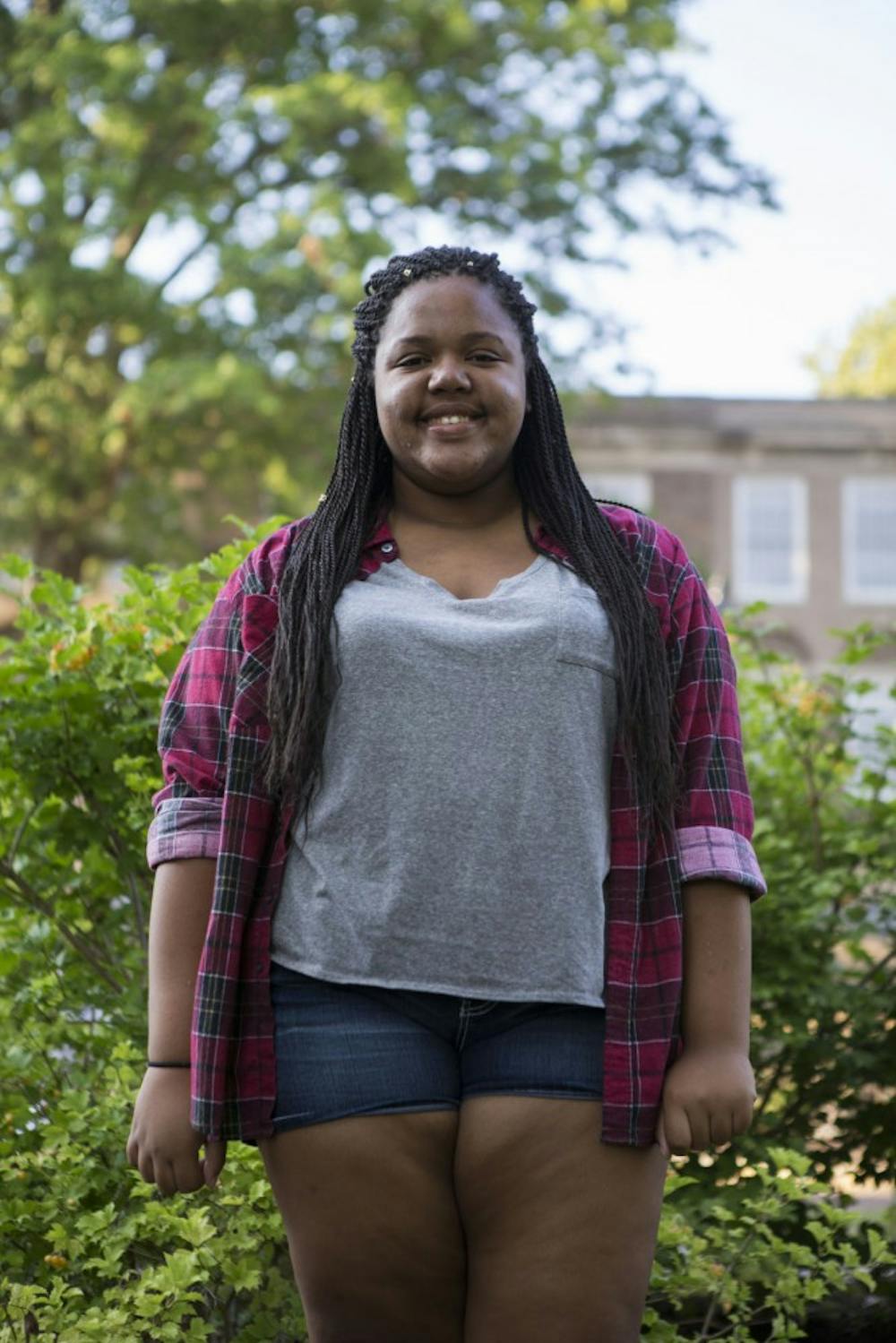Columnist Haadiza Ogwude discusses how advocating veganism for others can be problematic.
Veganism, the practice of abstaining from the use of animal products, particularly in diet, and an associated philosophy that rejects the commodity status of animals, has garnered a large following in recent years. More and more people are deciding to reject the slaughter, consumption and exploitation of animals. People are realizing that there are safer and more environmentally friendly options out there to sustain themselves.
However, while veganism serves to address and solve the problems of sustainability and animal rights, is advocating for veganism simultaneously perpetuating elements of classism, ableism, cissexism and racism? In many ways, it is. For many upper-middle class, Caucasian people, going vegan is a relatively easy task. Aside from the adjustment of one’s diet, going vegan is an easily attainable and simple goal. However, for many people of color, it is not so easy. There are many cultural and economic barriers that prevent many people of color from stripping animal products from their diet and lifestyles.
Much of the classism that lies in veganism lies in the notion that it is a superior lifestyle. Unfortunately, that is not a realistic life decision for people of low socioeconomic backgrounds. Many people don’t have careers and jobs that provide flexible hours. Because of this, many people often don’t have the time to go grocery shopping. A quick burger at McDonald’s may be all someone can afford, whether it be economically or in terms of time. Many poor people also do not have the luxury of shopping at places such as Trader Joe's and Whole Foods. When someone has a family of four to feed, it makes much more sense to buy chicken in bulk that can be eaten all week than other vegan alternatives. It is classist to assume that everyone can afford the same lifestyle choices that vegan people can.
In addition to economic constraints, there are many cultural barriers that can also prevent someone from going vegan. In many cultures, meat is an integral part of the diet. It is culturally insensitive to expect someone to abandon aspects of their culture to become vegan. Vegan diets also consist of various foods from colonized cultures, such as: quinoa, falafel, hummus, tabbouleh, miso soup, seaweed, guacamole, corn tortillas, collards, kale, rice flour, yam flour, Brazilian nuts, spring rolls, bok choy, coconut milk, lemongrass and sticky rice. It is culturally insensitive to tell people that their ethnic foods are harmful and wrong, while simultaneously eating other foods from these cultures that do not belong to you. Not only are some ethnic foods being appropriated, but they are being presented as a safer, healthier and tastier alternative than the original cultural delicacy.
{{tncms-asset app="editorial" id="2b4c0bfa-c080-11e5-ac8b-2b81fb099215"}}
Vegan diets are not only often rooted in foods from other cultures, but they are also often dependent on foods for people with certain medical conditions and allergies. Claiming you are more in need of gluten-free products than people who actually need gluten-free products due to their celiac disease and/or autism is very ableist.
Another problem with veganism that is seldom talked about is the criticism of transgender people’s prescription medications. There have been accusations that some medications that are used to help trans people through their transition have been tested on animals. Although product testing on animals is wrong, it is also wrong to blame trans people for the actions of medical professionals, and to expect trans people to give up medications that they need during a very sensitive time in their lives.
There are many benefits to veganism. Veganism can, and does, in many aspects, help the environment and animals. However, just because veganism does some good does not mean we can ignore the exclusion and prejudices that are associated with the movement. If you decide veganism is for you, make sure the practices you incorporate into your life are not insensitive to the people around you.
Haadiza Ogwude is a sophomore studying journalism. Do you follow a vegan diet? Tweet Haadiza @AdoreHaadiza or email her at ho299413@ohio.edu.






